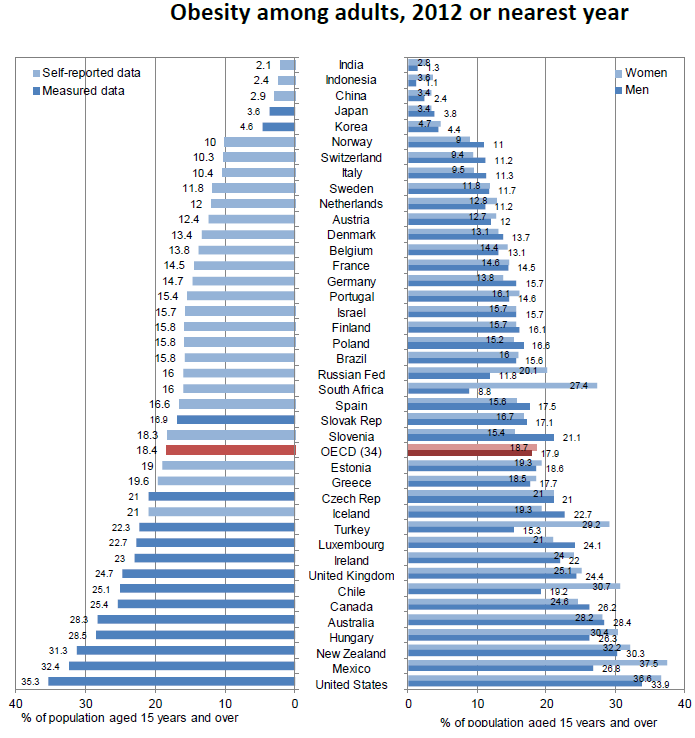I've called you out on peddling this myth before but I'll do it again. The situation you describe is how it currently is in the US, not in UHC countries. Many doctors in the US choose to only serve patients with private insurance and those on Medicare and Medicaid are often rejected. In countries with UHC, like Germany, almost everyone is on the public system so it would be completely irrational for doctors to reject them. You really think doctors can afford to reject 90-99% of the country?
Further, by having a strong public system, the doctors know they will get paid if they serve the patient and do not have to spend exorbitant amounts of time dealing with dozens of different insurance companies that may or may not decide to pay out.Single payer reduces costs across the board for everyone, it increases the number of people who can visit a doctor to near 100%, and in almost every situation provides net better care overall.
For everyone else:
USA is ranked:
Cost of healthcare per capita: #1
[1]
Life expectancy: #31
[2]
Survival rate after cancer: #5
[3]
Overall health system performance ranked by WHO: #37
[4]
Percentage of citizens insured: #33
[5]
We continue to pay more and more for less and less and have one of the most rationed healthcare systems in the world. The majority of the industrialized world has already figured out how to do this substantially more efficiently and provide better care while doing it. The first step to fixing it is admitting how ****ed up our system is so we can start addressing the problems.




